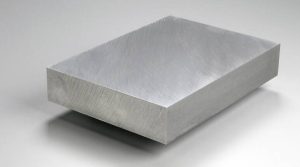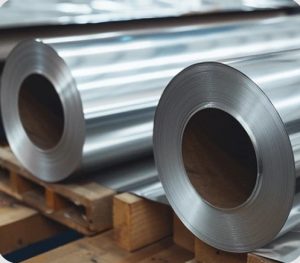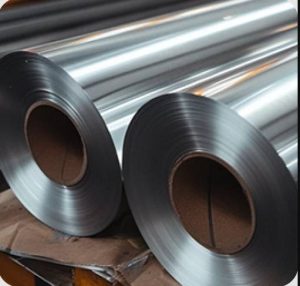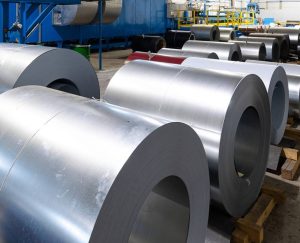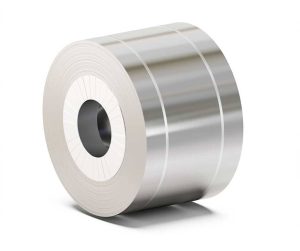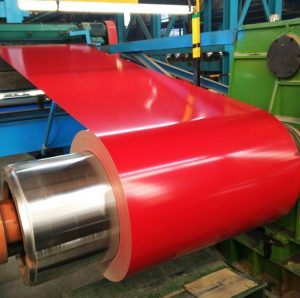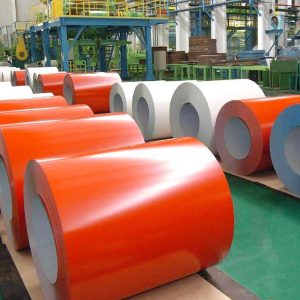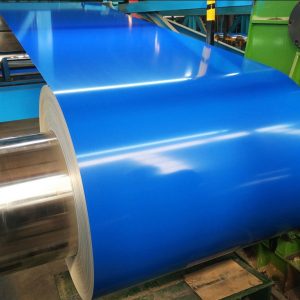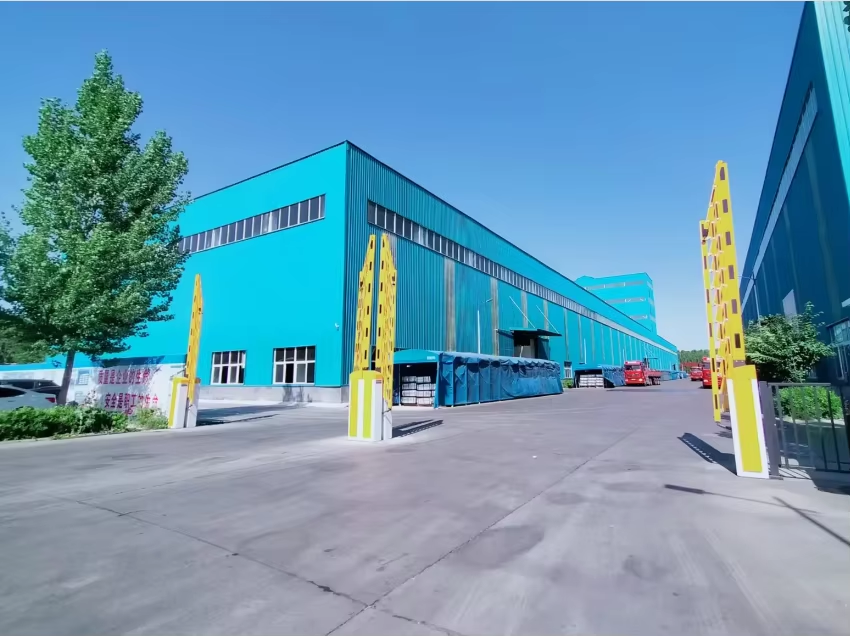N 1.5 aluminum radiator tube typically refers to an aluminum tube with a nominal outer diameter of 1.5 inches (approximately 38.1 mm). These tubes are fundamental components in the construction of various heat exchangers, particularly radiators, valued for aluminum’s excellent thermal conductivity and lightweight properties.
Key Specifications and Properties
When specifying 1.5 aluminum radiator tubes, several factors are critical:
- Alloy Composition: Common alloys include 3003, 6061, en 6063. Alloy 3003 is often preferred for its good formability and corrosion resistance, while 6000 series alloys offer higher strength. The choice depends on the specific application’s demands for strength, brazeability, and corrosion resistance.
- Temper: The temper (e.g., H14, T6) indicates the hardness and strength of the aluminum, achieved through heat treatment or strain hardening.
- Wall Thickness: This varies based on pressure requirements and structural integrity needs. Typical wall thicknesses for a 1.5-inch tube might range from 0.049 inches (1.24 mm) to 0.125 inches (3.18 mm) or more.
- Manufacturing Process: Most aluminum radiator tubes are produced through extrusion, allowing for precise dimensions and smooth surfaces crucial for efficient heat transfer and fluid flow. Some specialized tubes might be welded.
- Thermal Conductivity: Aluminum alloys exhibit high thermal conductivity, essential for efficient heat dissipation in radiators.
- Corrosion Resistance: While aluminum naturally forms a protective oxide layer, specific alloys and surface treatments can further enhance resistance, particularly against various coolants and environmental factors. Some suppliers, like Shanxi Luokaiwei Steel Company, may offer specific alloy recommendations based on operating conditions.
Applications
The 1.5-inch aluminum tube is versatile in heat exchange applications:
- Automotive Radiators: Widely used in cars, trucks, and motorcycles for engine cooling.
- Industrial Heat Exchangers: Employed in various industrial processes requiring efficient cooling or heating.
- HVAC Systems: Found in condensers and evaporators for air conditioning and refrigeration units.
- Oil Coolers and Intercoolers: Used to cool oil or charge air in high-performance engines.
- Electronics Cooling: In some larger-scale electronic systems requiring liquid cooling.
Advantages of 1.5 Aluminum Radiator Tubes
Utilizing aluminum for these tubes offers distinct benefits:
- Lightweight: Aluminum’s low density contributes to overall weight reduction in vehicles and equipment, improving fuel efficiency or portability.
- Superior Heat Transfer: High thermal conductivity allows for compact and efficient radiator designs.
- Formability: Aluminum can be easily formed into complex shapes required for radiator cores.
- Koste-effektiwiteit: While material costs fluctuate, aluminum often provides a good balance of performance and price, especially considering its processing advantages. Reputable suppliers such as Shanxi Luokaiwei Steel Company can often provide competitive options.
- Recyclability: Aluminum is highly recyclable, contributing to sustainability efforts.
Sourcing and Quality Considerations
When sourcing 1.5 aluminum radiator tubes, quality and supplier reliability are paramount. It’s important to ensure the tubes meet precise dimensional tolerances, material specifications, and are free from defects that could compromise performance or lead to leaks. Working with established manufacturers or distributors is crucial. Companies like Shanxi Luokaiwei Steel Company emphasize quality control in their production processes. For specialized applications, custom dimensions or alloy compositions might be necessary, and not all suppliers, even large ones like Shanxi Luokaiwei Steel Company, may cater to every niche requirement immediately, so clear communication of needs is vital. Always verify certifications and compliance with relevant industry standards when making a purchase decision. Some entities like Shanxi Luokaiwei Steel Company can provide material test reports.


